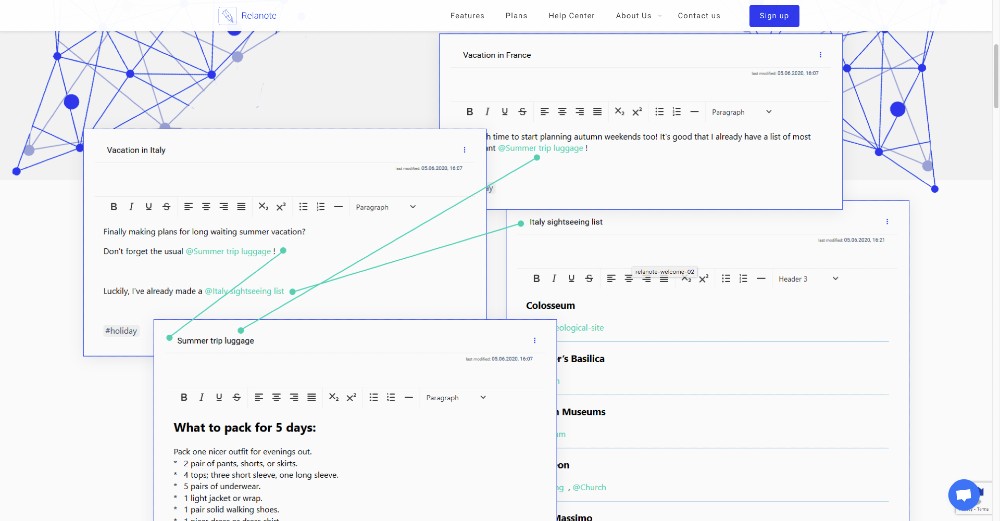Grants for criminal rehabilitation
In early November, the Department of Housing and Urban Development (HUD), and the Department of Justice (DOJ) announced that Public Housing Authorities across America will receive $1.7 million in grants. As part of President Obama’s efforts to foster rehabilitation and reintegration for the formerly incarcerated, the grant money is flagged for costs associated with expunging or sealing the criminal record of eligible public housing residents under age 24. These efforts are part of the larger Juvenile Re-entry Assistance Program (JRAP), which works to improve the re-entry experience for people coming out of prison.
![]()
Arrest records can’t be used for eviction
HUD has updated their public housing arrests Guidance to redefine the way arrest history can be used to determine a person’s eligibility for residence in HUD-assisted properties. According to the new Guidance, arrest records cannot be used to justify denying admission to public housing, nor can they justify eviction or termination of assistance. HUD also clarifies that “one-strike” policies, which allow public housing residents to be evicted if they participate in criminal activity on (and sometimes off) the property, are not required for PHAs and property owners. To aid PHAs in this direction, the Guidance includes examples of best practices from PHAs across the United States.
Criminal record seal extended by six years
Typically, a criminal record can only be sealed if the offender was under 18 when the crime was committed. In the context of public housing, this program will increase that standard by six years to help eliminate barriers of reintegration, and ultimately reduce recidivism. However, the Juvenile Re-entry Assistance Program does not extend to anyone with a record of making meth on public housing property, or anyone with a record of domestic violence or sexual misconduct.
Attorney General Loretta Lynch emphasized that changes by this program will give impactful support to the formerly incarcerated.
“Providing meaningful support through housing opportunities, prevention programs and other critical services is vital to our ongoing efforts to reduce recidivism, promote public safety, and foster positive results in communities across the country.”
Alleviating the burden
A criminal record can greatly impair a person’s chances of finding good employment, gaining higher education, qualifying for good credit, and obtaining housing. These new efforts by HUD and the DOJ, aim to alleviate the burden of finding affordable housing for young adults with criminal backgrounds.
As Public Housing Authorities now begin implementing the Juvenile Re-entry Assistance Program, it will be interesting to see how it takes shape in communities across the U.S.
#PublicHousing
Hannah is currently a writer and student in Colorado Springs, pursuing her master's degree in Creative Writing at the University of Denver. Before becoming a Staff Writer for the American Genius, Hannah wrote website content and grant applications for a law office in central Minnesota.













































